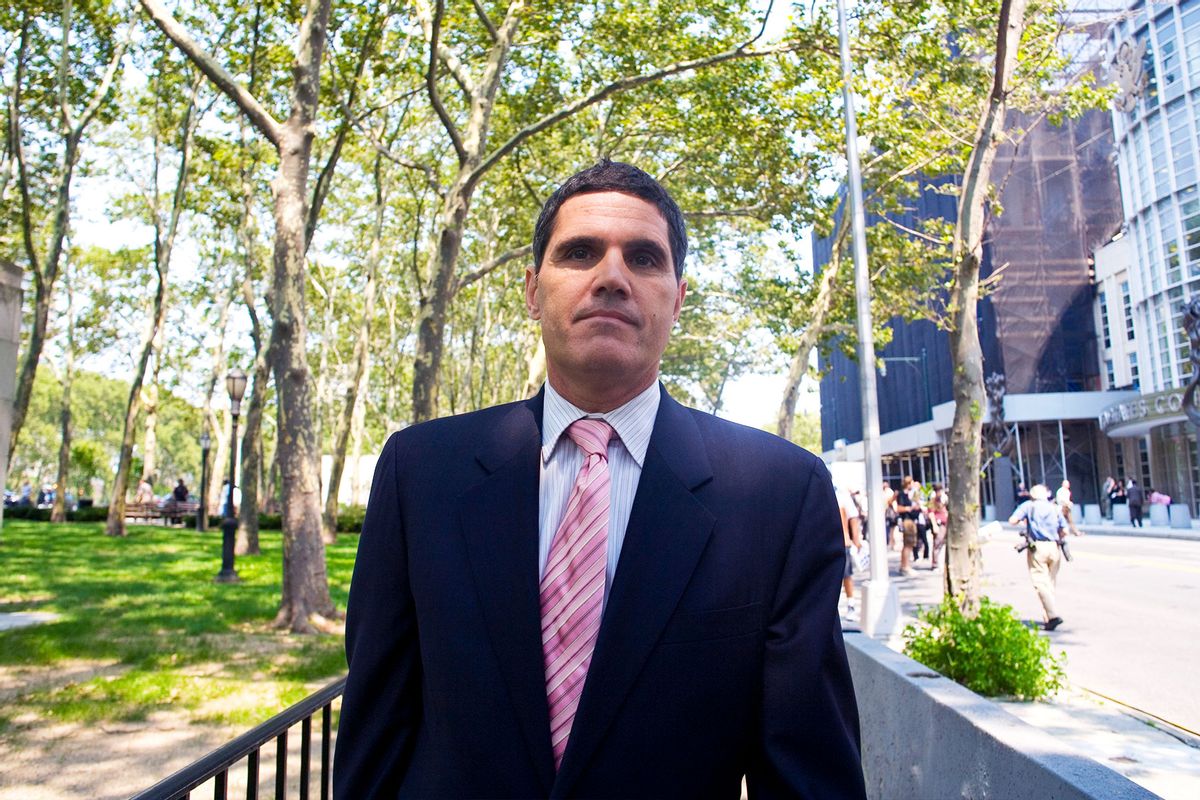Christine Adams | Source | Partner at Adams, Duerk & Kamenstein

Christine Adams
Christine Adams is a former federal prosecutor with over twenty-five years of experience in the public and private sectors. She is a skilled litigator who specializes in internal investigations, civil litigation, SEC investigations, and white-collar matters. Christine has represented multiple Fortune 500 clients, including companies in the global media and entertainment, gaming, and banking industries.
Christine has successfully led dozens of investigations, including for claims of sex- and race-based harassment and discrimination, assault, retaliation, conflicts of interest, breaches of fiduciary duty, anti-competitive conduct, bullying, embezzlement, and fraud.
Christine previously served as a federal prosecutor for eleven years in the U.S. Attorney’s Office in Los Angeles, where she served as the Defense Contractor Fraud Coordinator for the Central District of California. In that role, she coordinated and directed investigations by federal law enforcement agencies throughout the Central District. She also led multiple complex investigations relating to Department of Defense contracts, aircraft testing, trade secrets, corruption, and other areas. Christine successfully prosecuted a major defense contractor for trade secrets violations in connection with launch services contracts worth billions of dollars, resulting in the largest criminal and civil penalties on record ever imposed on a defense contractor at the time for both the Department of Defense and NASA. Christine served in the Government Fraud and Public Corruption and, subsequently, the Major Frauds sections of the U.S. Attorney’s Office, where she also specialized in complex fraud matters, including SEC investigations, tax, bank and mortgage fraud, and environmental crimes.
Christine also served as an instructor in fraud training programs for federal prosecutors and for several law enforcement agencies. She has received commendations from the Federal Bureau of Investigation, the Department of Defense Criminal Investigative Service, the Army Criminal Investigation Command, the Department of Justice’s Environmental Crimes Section, the NASA Office of Inspector General, and the Internal Revenue Service.
After leaving the U.S. Attorney’s Office, Christine served as Associate General Counsel for The Eli and Edythe Broad Foundation. In that role, she advised and represented institutions, including The Broad Center, which trains leaders in public school education, and The Broad, a contemporary art museum, regarding various matters, including negotiations with public entities, litigation involving the museum, and sensitive investigations.
Before she became a federal prosecutor, Christine was a litigator at O’Melveny & Myers, where she specialized in defending against claims of securities fraud, antitrust violations, and white-collar crimes.
Christine also served as a judicial law clerk to the Honorable John G. Davies of the United States District Court of the Central District of California.
Christine currently serves on the Pro Bono Civil Rights Panel for the Central District of California. Christine is a past chair and president of the Yale Law School Executive Committee and past chair of the board of The Industry, a non-profit dedicated to creating and producing diverse and inclusive, site-specific art and music in Los Angeles.
-
Adams, Duerk & Kamenstein (http://adkfirm.com)
Partner
-
CBS News | Sam Bankman-Fried set to face trial after spectacular crash of crypto exchange FTX
Former crypto billionaire Sam Bankman-Fried faces a prison term of more than 100 years if he's convicted of fraud and money-laundering charges.
Article -
Salon | “This isn’t a reasonable argument”: Experts say Trump lawyer’s defense “won’t fly in any court”
“A person cannot walk into a bank and say, 'stick 'em up,' and then cling to the First Amendment's protections," law professor says.
Article -
Marjorie Taylor Greene's surprising reaction to Donald Trump's indictment
"I feel like we are winning," Greene said of Trump's latest indictment.
Article
-
Ocean Gate Submarine:
“If U.S. authorities ever file criminal charges against anyone associated with this submarine, it would follow a lengthy investigation that would involve multiple agencies. For comparison's sake, after the fatal shooting on the New Mexico set of ‘Rust,’ the FBI, the local sheriff’s department, the local District Attorney’s Office and the state OSHA agency all joined the investigation. This latest case would be even more complicated.
“The U.S. government would have jurisdiction because OceanGate is based in Washington state. The governments of other countries, such as France and Britain, who had their nationals riding on this submarine, would have to seek information on the investigation from the Biden administration through diplomatic channels. Foreign governments probably wouldn’t find any valuable evidence from investigating in international waters where the sub went down.
“After an investigation, if U.S. authorities find evidence pointing to criminal recklessness or negligence, prosecutors could bring charges. If anyone from OceanGate engaged in criminal conduct, they probably would have done it in the United States, most likely in Washington state where officials from the company were making decisions about how to conduct these deep ocean dives. So the investigation would be focused on what happened in the United States, not in international waters. But it’s way too early to say if criminal charges are warranted.”
-
Trump Federal Indictment:
Former federal prosecutor Christine Adams, a partner at Los Angeles-based Adams, Duerk & Kamenstein, told Newsweek that the case against Trump will be seen as political by many, no matter what federal prosecutors do—exactly as Trump and Greene want.
"It's going to be tough to avoid, given the country's polarization and the nature of the charges," she said. "The venue may help the Trump team, because Florida is well known as a Trump-sympathetic state. The jury pool there is more likely to favor Trump."
Adams said that a key task for the federal prosecutors will be "to prove that the retention of documents was 'willful' on the former president's part."
She said: "He could claim keeping the documents was an accident, or that he had no idea they were kept. The trouble for Trump comes in because when he was made aware that the documents in his possession were classified and needed to be turned over, he refused. That could be the lynchpin that proves his retention was in fact willful."



